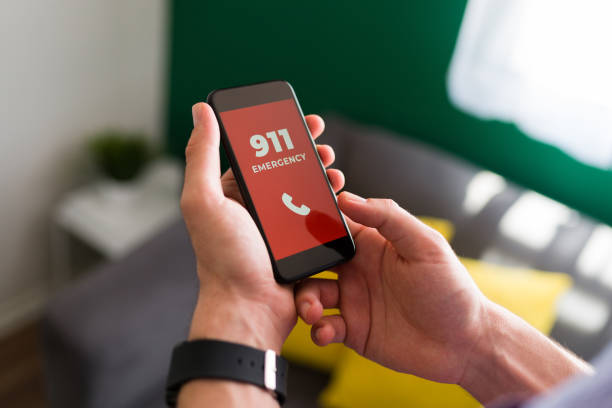The #1 Rated Blood Sugar Formula
Hypertensive Crisis: When You Should Call 911 for High Blood Pressure

Call 911 or emergency medical services if your blood pressure is 180/120 mm Hg or greater and you have chest pain, shortness of breath, or symptoms of stroke. Stroke symptoms include numbness or tingling, trouble speaking, or changes in vision.
“The American Heart Association states that a reading of 180/110 or greater requires immediate medical attention. If you take this reading two times in a row, five minutes apart, then you must head to the nearest ER,” says Dr. Meier.
Do not wait until your blood pressure comes down on its own. Get help right away. Call your doctor or nurse call line now or seek immediate medical care if: Your blood pressure is much higher than normal (such as 180/110 or higher), but you don't have symptoms.
- Stroke
- Loss of consciousness
- Memory loss
- Heart attack
- Damage to the eyes and kidneys
- Loss of kidney function
- Aortic dissection
- Angina (unstable chest pain)
- Pulmonary edema (fluid backup in the lungs)
- Eclampsia
- Severe headache
- Shortness of breath
- Nosebleeds
- Severe anxiety
Know the two types of high blood pressure crisis to watch for
There are two types of hypertensive crises—both require immediate attention as early evaluation of organ function is critical to determine an appropriate course of action.Hypertensive Urgency
If your blood pressure is 180/120 or greater, wait about five minutes and try again. If the second reading is just as high and you are not experiencing any other associated symptoms of target organ damage such as chest pain, shortness of breath, back pain, numbness/weakness, change in vision, or difficulty speaking, this would be considered a hypertensive urgency. Your healthcare provider may just have you adjust or add medications, but rarely requires hospitalization.Hypertensive Emergency
If your blood pressure reading is 180/120 or greater and you are experiencing any other associated symptoms of target organ damage such as chest pain, shortness of breath, back pain, numbness/weakness, change in vision, or difficulty speaking then this would be considered a hypertensive emergency. Do not wait to see if your pressure comes down on its own, Call 911.Be prepared
If you have been diagnosed with high blood pressure, track your blood pressure and medications. If possible during an emergency, having these logs with you can provide valuable information to the medical team providing treatment.How does ER treat high BP?
Vasodilators such as nitroprusside and nitroglycerin are also used to treat a hypertensive emergency. The goal of therapy for a hypertensive emergency is to lower the mean arterial pressure by no more than 25% within minutes to 1 hour and then stabilize BP at 160/100-110 mm Hg within the next 2 to 6 hours.






